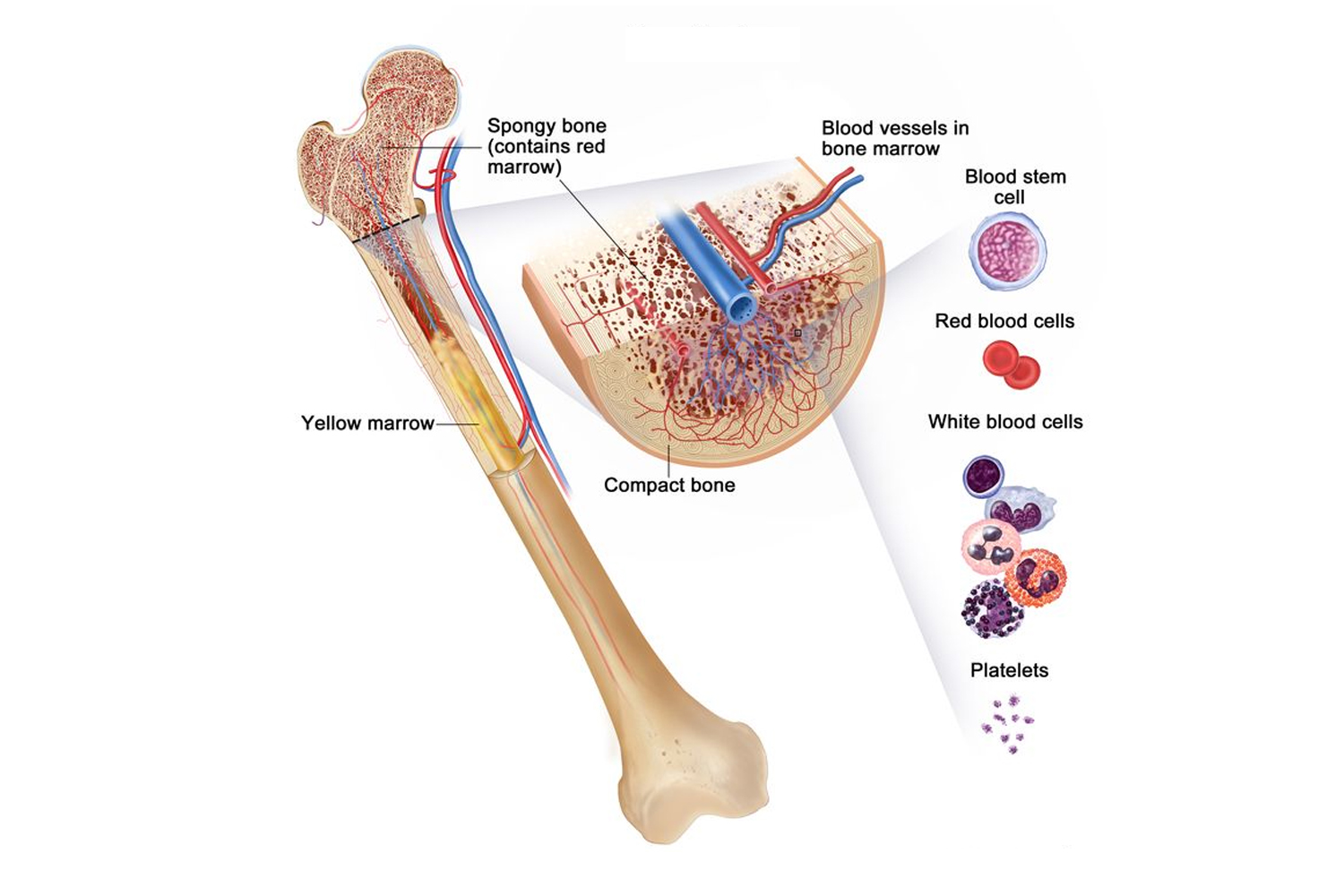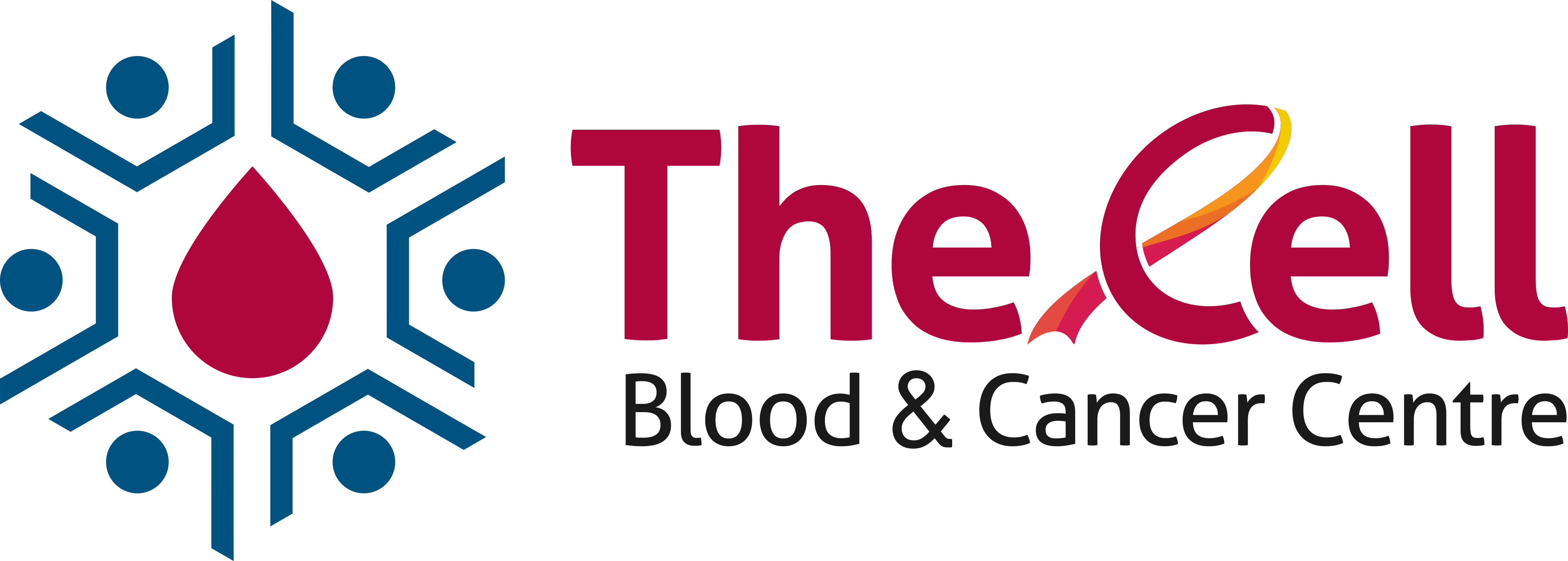Myelodysplastic Syndrome: Blood Cancer Treatment in Surat at The Cell

Myelodysplastic Syndrome (MDS) is a group of blood disorders in which the bone marrow produces insufficient and abnormal blood cells. Often referred to as a “bone marrow failure disorder,” MDS can lead to anaemia, infections, excessive bleeding, and, in some cases, progression to acute leukaemia. At The Cell, we are dedicated to providing expert diagnosis and advanced, personalized treatment options from specialized blood cancer doctors in Surat for individuals with MDS, helping to improve quality of life and outcomes.
What is Myelodysplastic Syndrome?
MDS occurs when the bone marrow, the spongy tissue inside bones responsible for producing blood cells, fails to produce healthy red blood cells, white blood cells, and platelets. Instead, the marrow creates defective cells that often die prematurely or fail to function properly.
There are several types of MDS, categorized based on how many blood cell types are affected and specific genetic abnormalities in the bone marrow. These types include:
- Refractory Anaemia: Low red blood cell count leading to persistent anaemia.
- Refractory Cytopenia’s: Deficiency of one or more types of blood cells (red cells, white cells, or platelets).
- MDS with Excess Blasts: A more severe type, characterized by an increase in immature cells (blasts), with a higher risk of progressing to acute myeloid leukemia (AML).
Hemato oncologists in Surat suggests that MDS primarily affects older adults, though it can occur at any age, especially in individuals exposed to certain chemicals, radiation, or prior cancer treatments.
Symptoms of Myelodysplastic Syndrome
Symptoms of MDS vary depending on the severity of the condition and the blood cell types affected. Common symptoms include:
- Persistent fatigue or weakness (due to anaemia).
- Frequent infections or prolonged recovery from illnesses (due to low white blood cells).
- Easy bruising or prolonged bleeding from minor cuts (due to low platelets).
- Shortness of breath or pale skin.
- Unexplained weight loss.
Because these symptoms can overlap with other conditions, accurate diagnosis from a blood cancer hospital in Surat is essential to determine the best course of action.
How The Cell Can Help
At The Cell, we specialize in diagnosing and managing MDS, offering individualized care and access to advanced therapies to meet each patient’s unique needs.
- Accurate Diagnosis:
We use state-of-the-art diagnostic tools to confirm MDS, including:- Blood Tests: To evaluate red blood cells, white blood cells, and platelets.
- Bone Marrow Biopsy: To analyze the production and quality of bone marrow cells.
- Genetic and Molecular Testing: To identify chromosomal abnormalities that may guide treatment decisions.
- Personalized Treatment Plans:
Treatment for MDS depends on the type, severity, and patient-specific factors. Options include:- Supportive Care: Blood transfusions, growth factor therapy (e.g., erythropoietin), and medications to manage symptoms and improve quality of life.
- Drug Therapy: Hypomethylating agents like azacitidine or decitabine to slow disease progression and improve blood counts.
- Targeted Therapy: Drugs like lenalidomide for specific genetic abnormalities such as deletion 5q.
- Stem Cell Transplantation: The only curative option for MDS, often recommended for younger, fit patients or those with high-risk disease.
- Ongoing Monitoring:
MDS is a chronic condition that requires regular follow-ups to assess blood counts, monitor for progression, and adjust treatment plans as needed.
Take the First Step Toward Expert Care
Living with MDS can be challenging, but with the right care, it can be effectively managed. At The Cell, we combine advanced medical expertise with compassionate care from blood cancer specialists in Surat to ensure that our patients receive the best possible treatment and support.
Contact us today to schedule a consultation and learn how we can help you manage your diagnosis and improve your quality of life.

 by
by